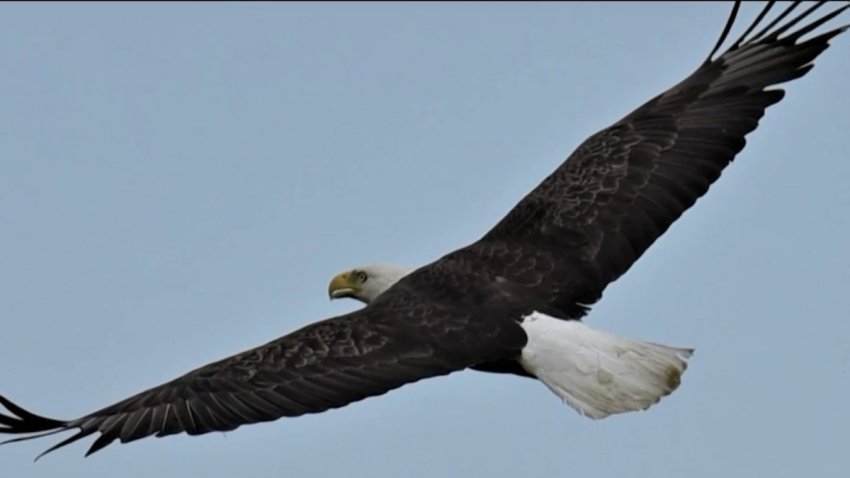The U.S. Fish and Wildlife Service is an federal agency committed to protecting, conserving and enhancing the health of fish, wildlife, plants along with their ecosystems. They also are in charge of enforcing federal wildlife laws. The USFWS was founded in 1973 as an agency under the Department of the Interior under the name U.S. Bureau of Sport Fisheries and Wildlife (USBSFW). In 1978 President Jimmy Carter signed legislation making it an independent bureau with its own director directly reporting on Secretary of the Interior Cecil D. Andrus who was the head of both Bureaus until 1985 when each Bureau had its own Director who reported to the Secretary separately.
The USFWS has a variety of responsibilities. One of these is administering the Migratory Bird Treaty Act (MBTA) in place in place to maintain healthy migratory bird populations and the habitats that support them. The MBTA assures that certain migratory bird species are properly protected. It prohibits anyone who is not authorized from pursuing, hunting or taking, killing or possessing any of the birds listed.

The US Fish and Wildlife Service is charged with protecting endangered and threatened species by enforcing federal wildlife laws, assisting the state agencies with conservation efforts, conserving habitats for wildlife and plant populations that are protected, and working with foreign governments in the international conventions for conservation. Endangered Species Day was established in 2012 by Presidential Proclamation under the authority of the Endangered Species Act (ESA) from 1973. To get additional information on US fish and wildlife service please head to https://www.fws.gov/lab/links.php.
It was a study of how other programs have successfully enhanced certain types of snail darters previously to ensure that the same strategy could have an impact on the current problem. Studies were conducted using radio-telemetry equipment for monitoring progress. Field studies were also conducted to discover if threats existed that could hinder the recovery of the population. One study revealed that a disease of fish known as a whirling disease was affecting fish and needed to be dealt with before any progress could be achieved in increasing the number of fish.

The USFWS also manages National Wildlife Refuge System. It is a compliance with laws like the National Wildlife Refuge System Administration Act of 1966 and the Refuge Recreation Act of 1962 as well as The Fish and Wildlife Act of 1956 that are meant to safeguard wildlife, fish, plants as well as their natural habitat. The USFWS is the one responsible for setting up programs to teach young people the skills needed to become conservation leaders. Many experts believe that if children learn how the laws are helping to save animals, they will be more likely to pass these skills on to the next generation.
They have also created a web site dubbed "Wildlife Without Borders," where this information can be view online. Recently the Service has adopted a policy on Climate Change Adaptation which ensures that all biologists and other employees who work on Service lands or involving Service programs are aware of how climate change is likely to impact their work. The policy provides direction for land managers who have to work with partners, adapt management practices to adapt to changes in the habitat of wildlife and fish habitats as a result of climate change, and review the impacts of their projects in light expected changes resulting from global warming.